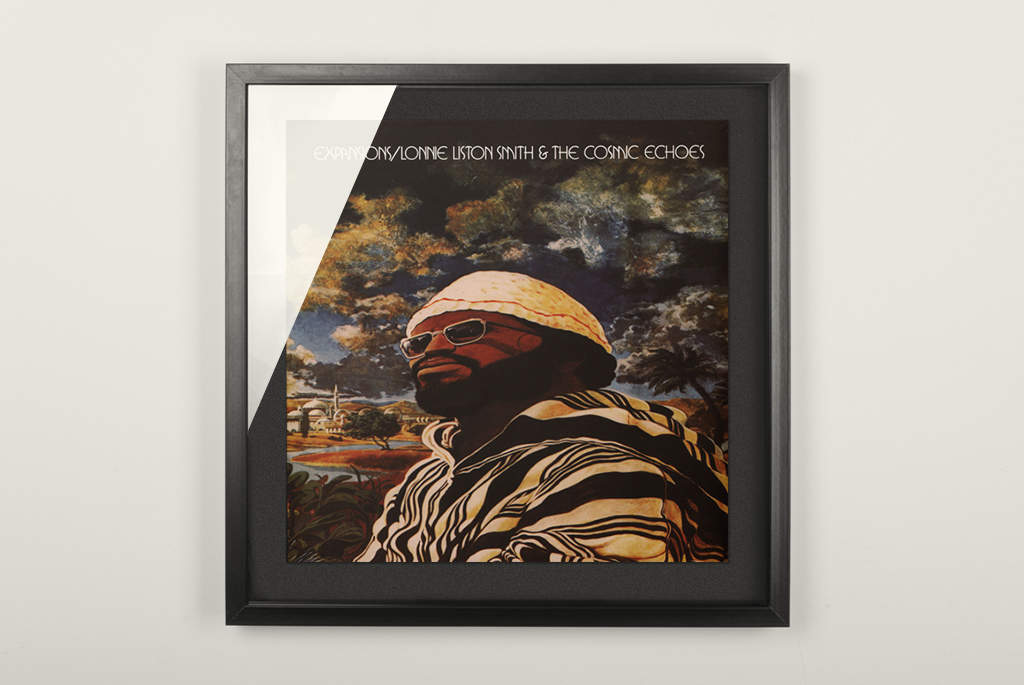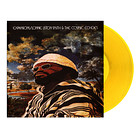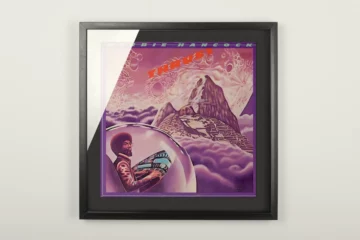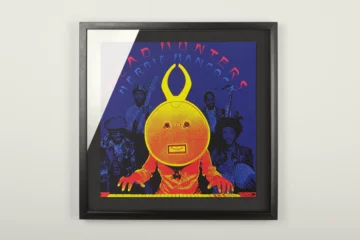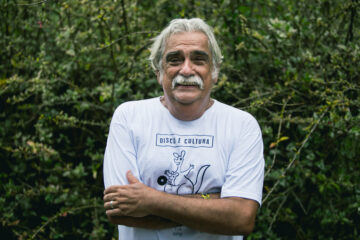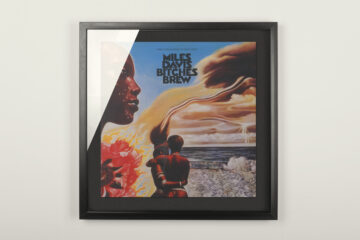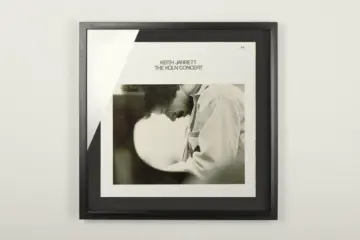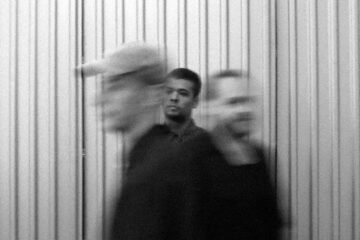»Expand your mind/To understand/We all must live/In peace together«. At first glance, the lines may remind us of the esotericism of positive thinking in the style of transcendental meditation, and at second glance they may seem at a minimum somewhat naïve. But that doesn’t make the lyrics from the title track of the album »Expansions« by Lonnie Liston Smith & The Cosmic Echoes in any way untrue. The utopia formulated by these words is also linked to an imperative: We should expand our minds to understand that peace is the key to living together. That is already more than the solely hypothetical reflection »Imagine all the people/living life in peace«, as John Lennon did in »Imagine«. Even if neither of them do much to change anything when in doubt.
When the US pianist Lonnie Liston Smith – not to be confused with his namesake Lonnie Smith who died in 2021 – recorded this record in November 1974, GIs were still fighting in Vietnam. For Smith as he said in interviews, the message »Expansions« conveyed was therefore related directly to this war. And the ballad »Peace«, written by Horace Silver and Doug Carn, the only number on the album not written by Smith, has peace written right into its name.
Fighting war with gentleness
Smith became keenly interested in spirituality, at the very latest following an encounter with Sun Ra saxophonist John Gilmore at the Birdland club in New York, where Gilmore thrust a book into his hands about Sufism. He did not pursue his cause with agitation, but chose a music whose gentleness might surprise you when you look at the stations Smith passed through before his solo career. Following more moderate beginnings with Art Blakey & The Jazz Messengers and Max Roach in the mid-sixties, he contributed to free jazz milestones by Pharoah Sanders such as »Karma« (1969) and »Thembi« (1971). And in Miles Davis’ band he also played on the sessions for the latter’s heavy current fusion classic »On the Corner« (1972), for which he personally sat at the electric organ.
The spirituality of Pharoah Sanders takes on an almost inner form with Lonnie Liston Smith. No solo outbursts, instead concentrated, relaxed ensemble work, calm flow instead of wild bustling.
There may be something of all these influences on »Expansions«, but Smith has transposed them into other forms. The spirituality of Pharoah Sanders takes on an almost intimate form in him. No solo outbursts, just concentrated, relaxed ensemble work, calm flow instead of wild roaring. Likewise the Miles Davis’ jazz-funk, which Smith transforms into a filigree reduction of groove-maximalism. This can be heard, for example, in Cecil McBee’s playing, who systematically plucks his elastic syncopations on the double bass.
Arguably the biggest influence on Smith’s style was his phase in Gato Barbieri’s band in the early 70s. The Argentinian saxophonist used plenty of Afro-Cuban and Latin American elements in his music at the time, and Smith adopted some of these cues on »Expansions«. Michael Carvin’s agile percussion forms part of this, as does Leopoldo Fleming’s nuanced triangle playing on »Expansions«, as do the rhythms in general, especially on the bright and bouncy »Summer Days«.
The most laid-back jazz around
The key ingredient that makes »Expansions« a fusion throw-down of the most laid-back kind are the keyboards, which Smith turned to alongside his piano. On the title track especially, they create a proto-house sound with flat pulsating chords, which, along with Cecil McBee’s catchy interlaced bass structure, was probably the main reason why later producers used the song as the foundation for their own music. The best-known example is Stetsasonic with its hip hop hit »Talkin’ All That Jazz« from 1988.
Courtesy of Stetsasonic, there are probably more people who know Lonnie Liston Smith’s music than those who know his name. The fate of »Expansions« is simply one of being the most laid-back jazz classics, which comes with a constitutive unobtrusiveness. Nevertheless, the effect his has music persists. It has what it takes to stand the test of time. Maybe there really will be peace someday.

